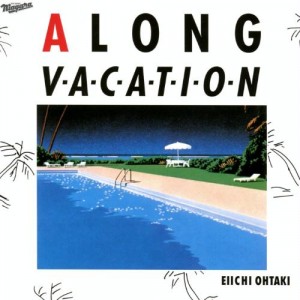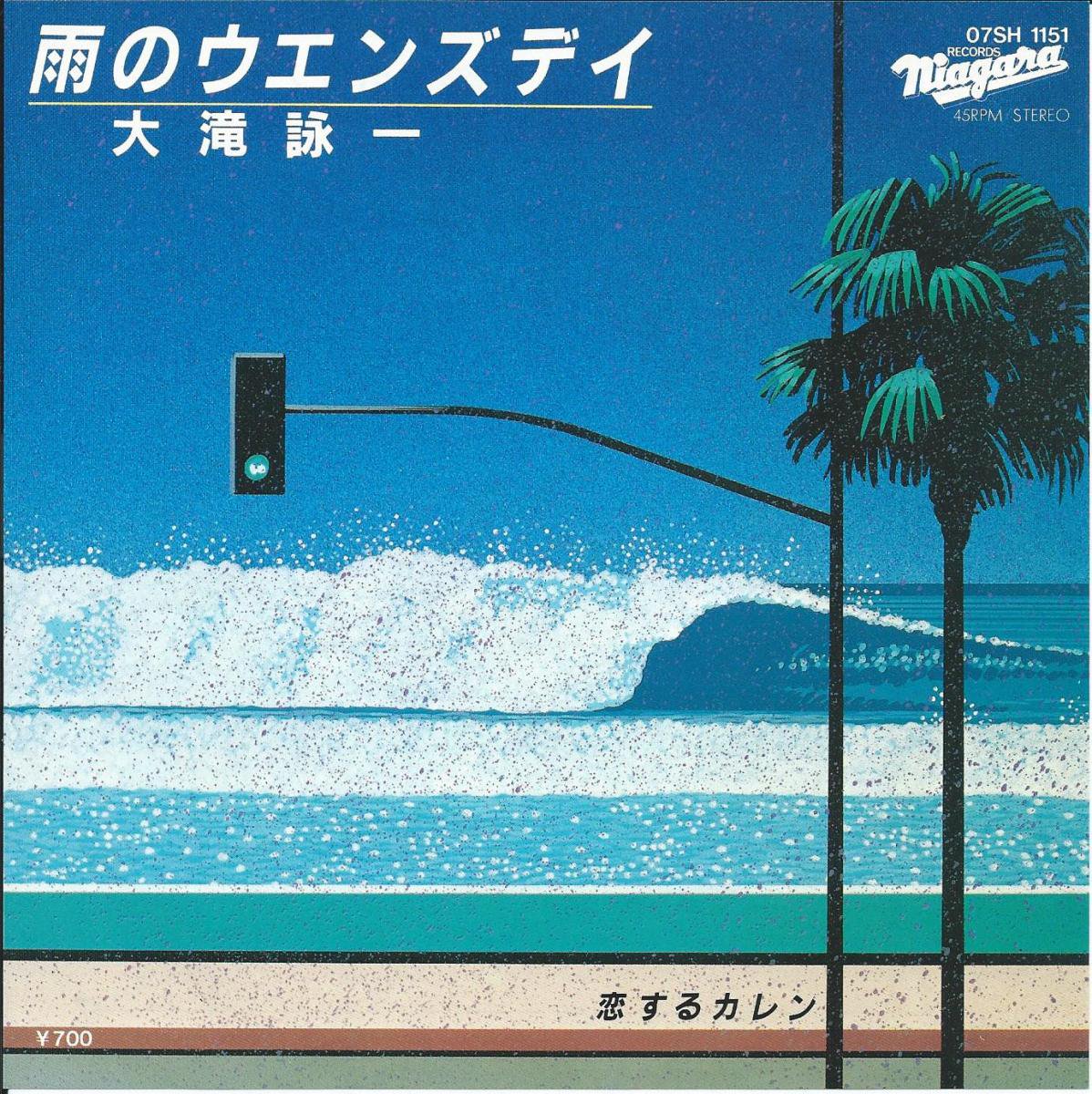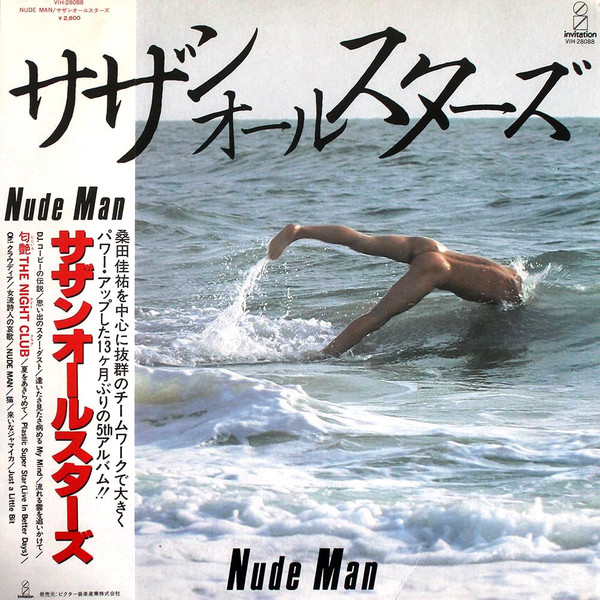Eichi Ohtaki's (大瀧 榮一) A Long Vacation is considered one of the most iconic J-Pop albums ever released. It made a big splash when it was released in 1981 as one of the first albums ever released on CD. On top of that, it's considered Ohtaki's greatest work and it influenced many artists that came after and worked under him. Yet somehow, in 1981 it beat out of the number one spot on the Oricon Charts by one particular record; Reflections by Akira Terao. Terao's first album under Toshiba EMI (now known as EMI Music Japan Inc.) was not only the top-selling album of that year but the entire decade in Japan, even beating out Michel Jackson's Thriller! What makes him so special?
THE HISTORY
For Reflections, all the composition was done by Terao himself while the arrangement was handled by Akira Inoue(井上鑑), who also played keyboards. Lyrics were handled by Masako Arikawa (有川 正沙子) and former Happy End drummer, Takashi Matsumoto (松本隆). Other notable musicians include fusion guitarist Masaki Matsubara (松原正樹), former Tin Pan Alley drummer Tatsuo Hayashi (林 立未), percussionist Nobu Saito(斉藤信男), and alto sax player Hidefumi Toki (土岐英史), who's known for his work on Tatsuro Yamashita's albums. The string arrangement was handled by the Joe Ensemble and the Tomato Strings Group.
During the production of the album, Akira Terao was still extremely busy shooting for Seibu Keisatsu. The photo for the album cover had to be taken in the middle of the studio corridor where he was filming. The word "Love" written with the cigarette lighter was captured using particular lighting and a camera trick that utilized timed closing of the shutters.
THE MUSIC
- Habana Express: ⭐⭐⭐⭐
- The opening number is a high-tempo, tropical disco track with some cool synths and funky guitars.
- 渚のカンパリ・ソーダ (Nagisa no Campari Soda) | Campari Soda on the Beach: ⭐⭐⭐
- A typical 60s surf rock-inspired track about hanging out with your girlfriend at the beach.
- 喜望峰 (Kibō-hō/Cape of Good Hope): ⭐⭐⭐⭐
- A mellow reggae-inspired groove sprinkled with smooth, yacht rock guitar riffs.
- 二季物語 (Niki Monogatari / Story of two Seasons): ⭐⭐⭐⭐⭐
- The longest track on the album, but still one of the most memorable as the melody is tied to the theme of the song. Its starts off as a slow ballad, complete with somber violins and a trumpet solo. Then in the second half, the tempo shifts into an upbeat strut with some bluesy piano playing and smooth sax playing spread throughout.
- ルビーの指環 (Ruby no Yubiwa/ Ruby Ring): ⭐⭐⭐⭐⭐
- A quintessential AOR track with a very Japanese melody that tells the story of a broken relationship, with the man crying over his ex's ruby ring which she had returned to him.
- Shadow City: ⭐⭐⭐⭐⭐
- An urban lullaby with a cool bossa nova-influenced melody, featuring a very relaxing acoustic guitar juxtaposed against more energetic electric guitar riffs.
- 予期せぬ出来事 (Yokisenu Dekigoto / Unexpected Event): ⭐⭐⭐
- A much brighter sounding track on the record. Featuring a funky bassline and a jazzy female backing chorus.
- ダイヤルM (Dial M): ⭐⭐⭐⭐
- An upbeat soft rock track with jazzy flutes and groovy synthesizers influenced by Latin dance rhythms.
- 北ウィング (Kita Wing): ⭐⭐⭐⭐
- A bluesy rock ballad about a broken-hearted man watching as his former lover flys away from him at the airport.
- 出航 Sasurai (Shukkou-Sasurai / Leaving Port, Wandering): ⭐⭐⭐⭐
- Another bluesy ballad with more dreamy synths and a soothing string arrangement.









:format(jpeg):mode_rgb():quality(90)/discogs-images/R-10883084-1505914126-2351.jpeg.jpg)
:format(jpeg):mode_rgb():quality(90)/discogs-images/R-3636170-1451894527-8714.jpeg.jpg)
:format(jpeg):mode_rgb():quality(90)/discogs-images/R-3636170-1451894527-6154.jpeg.jpg)


:format(jpeg):mode_rgb():quality(90)/discogs-images/R-10848401-1505331108-9403.jpeg.jpg)
:format(jpeg):mode_rgb():quality(90)/discogs-images/R-10994636-1507858890-8222.jpeg.jpg)
